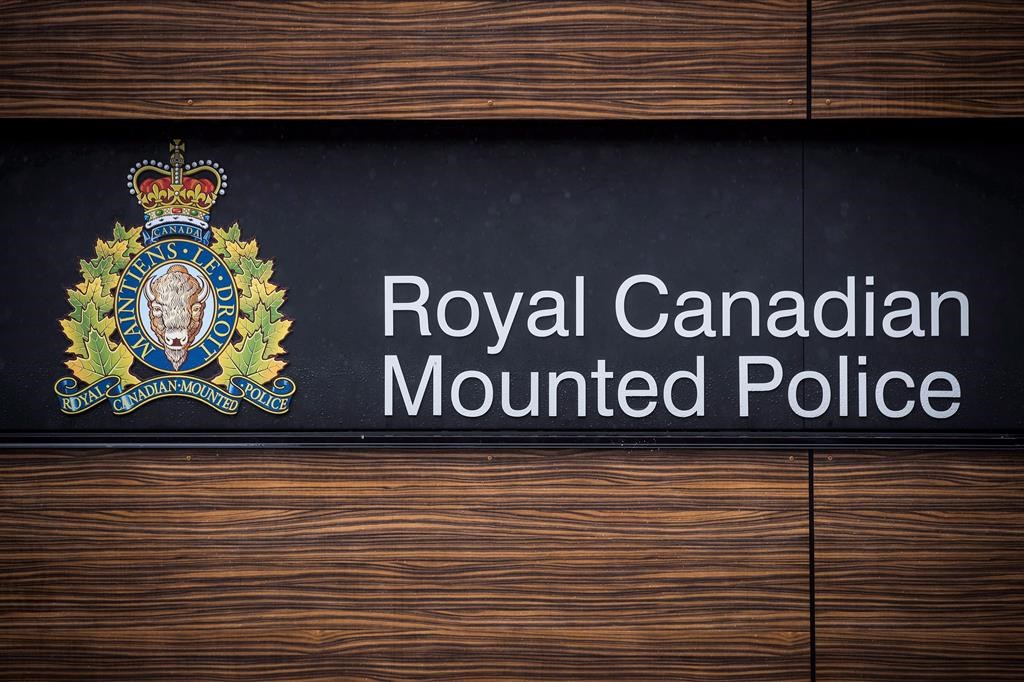Conrad Black to return to Canada after release from Florida jail: source
Posted May 1, 2012 7:03 pm.
This article is more than 5 years old.
OTTAWA – Conrad Black will be allowed to return to Canada when he is freed from a Florida jail later this week, The Canadian Press has learned.
A source has confirmed the disgraced media baron has been granted a one-year temporary resident permit by the Citizenship and Immigration department.
The decision sparked a heated exchange Tuesday in the House of Commons over allegations of special treatment and double standards.
“Matters such as this are a matter of personal privacy,” Citizenship and Immigration Minister Jason Kenney told NDP Leader Tom Mulcair in the Commons, to boos and heckling from the opposition benches. “I cannot comment on specific cases without a privacy waiver.”
Nonetheless, Kenney went on to describe his department’s handling of Black’s application, which he said came in February.
“Having said that, I can advise the House with respect to this individual, I indicated to my department that I would not have any involvement in an application from that individual, and that his application would be treated by highly trained, independent members of our public service,” said Kenney.
The NDP leader raised the case of American Gary Freeman, who — despite four decades of quiet life in Canada where he has raised a family — has been denied a temporary resident permit because of 30-day sentence he served in Chicago in the 1960s.
“It is a clear case of a double standard, one for an American black man from Chicago, another for a British white man coming out of federal penitentiary in Chicago,” said Mulcair, drawing cries of “shame!” from the government benches.
Kenney accused the NDP of trying to politicize immigration issues.
“We think the law should be consistently applied by independent, highly-trained public servants, not by political demagogues,” said the minister.
Citing sources, the Globe and Mail reported Tuesday that the one-year temporary resident permit granted Black is valid from early this month, when Black is freed from jail in Florida, until May next year.
It said Black paid a $200 fee on March 20 for the temporary resident permit.
The Supreme Court of Canada made the need for the permit clear earlier this month when handing down a ruling on an unrelated libel case. The decision specified that Black could not re-enter the country without “the special permission of the Minister of Citizenship and Immigration even once he has finished serving his sentence.”
Immigration lawyer Joel Sandaluk told The Canadian Press a temporary resident permit would be all the permission that’s required, adding Kenney would not have to weigh in personally.
Bob Rae, the interim Liberal leader, said he had no objection to Black’s return to Canada, but noted that “the government, having exercised apparently its compassion towards Mr. Black, they now have to begin to apply the same standard to a number of other cases and situations.”
“And so in a sense the federal government is now, if you like, hoisted by its own petard,” added Rae.
Kenney later noted on Twitter that “immigration officers issued 6,541 temporary resident permits to overcome criminality (last year), 907 of which overcame serious criminality.”
But Mulcair said the government needs to apply consistent standards, and if Freeman is ineligible to return because of a criminal record, so should be Black.
“It’s quite clear that if you’re an insider, you get one set of treatment,” Mulcair said outside the Commons.
“By the way, Minister Kenney’s never hesitated before to get involved in these files politically,” he added, citing a Federal Court ruling that slammed Kenney’s office over a refusal to permit rabble-rousing left-wing British politician George Galloway into Canada for a March 2009 speaking engagement.
According to Justice Richard Mosley’s 2010 ruling, “the main reason why the respondents sought to prevent Mr. Galloway from entering Canada was that they disagreed with his political views.”
Born in Montreal, Black gave up his Canadian citizenship in 2001 after being offered a peerage in Britain’s House of Lords, something then-prime minister Jean Chretien forbade him from accepting while he held a Canadian passport.
He’s due for release Friday from a U.S. prison after serving a reduced sentence for fraud.
Black’s controversial business dealings while at the helm of Hollinger’s global media empire netted him fraud and obstruction of justice convictions in 2007 and saw him spend several years in a Florida prison.
Black has stated in previous media interviews that he hopes to return to Toronto, where he and wife Barbara Amiel still own a home.
His memoir “A Matter of Principle” is one of three nominees for the 2012 National Business Book Award, and media reports suggest he plans to be in attendance when the winner is announced May 28.










